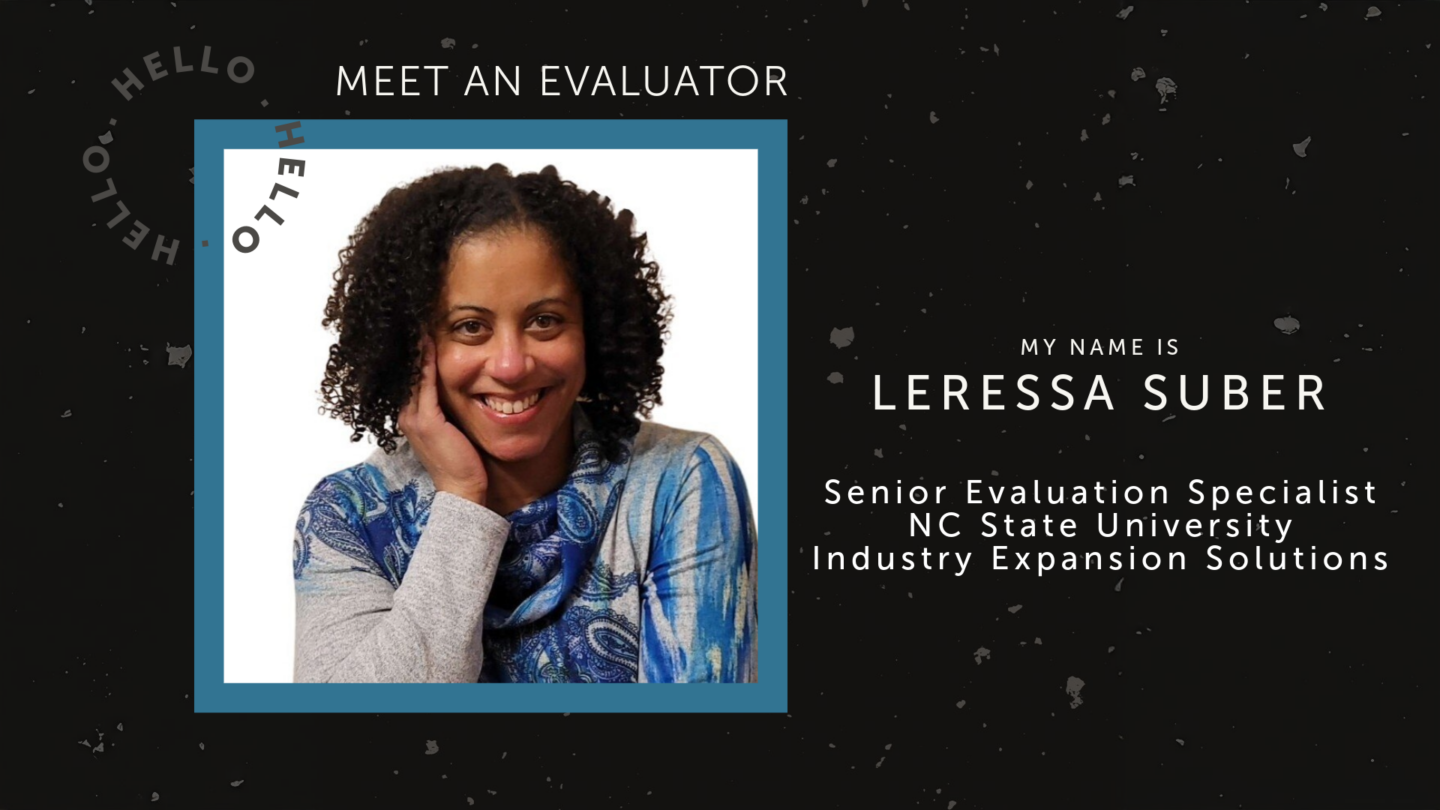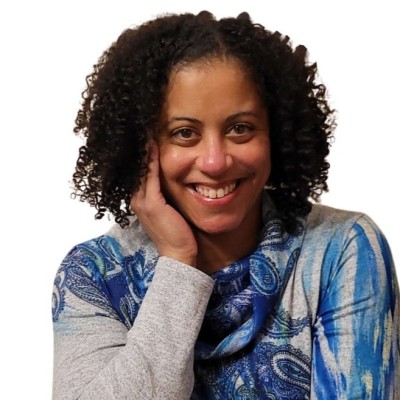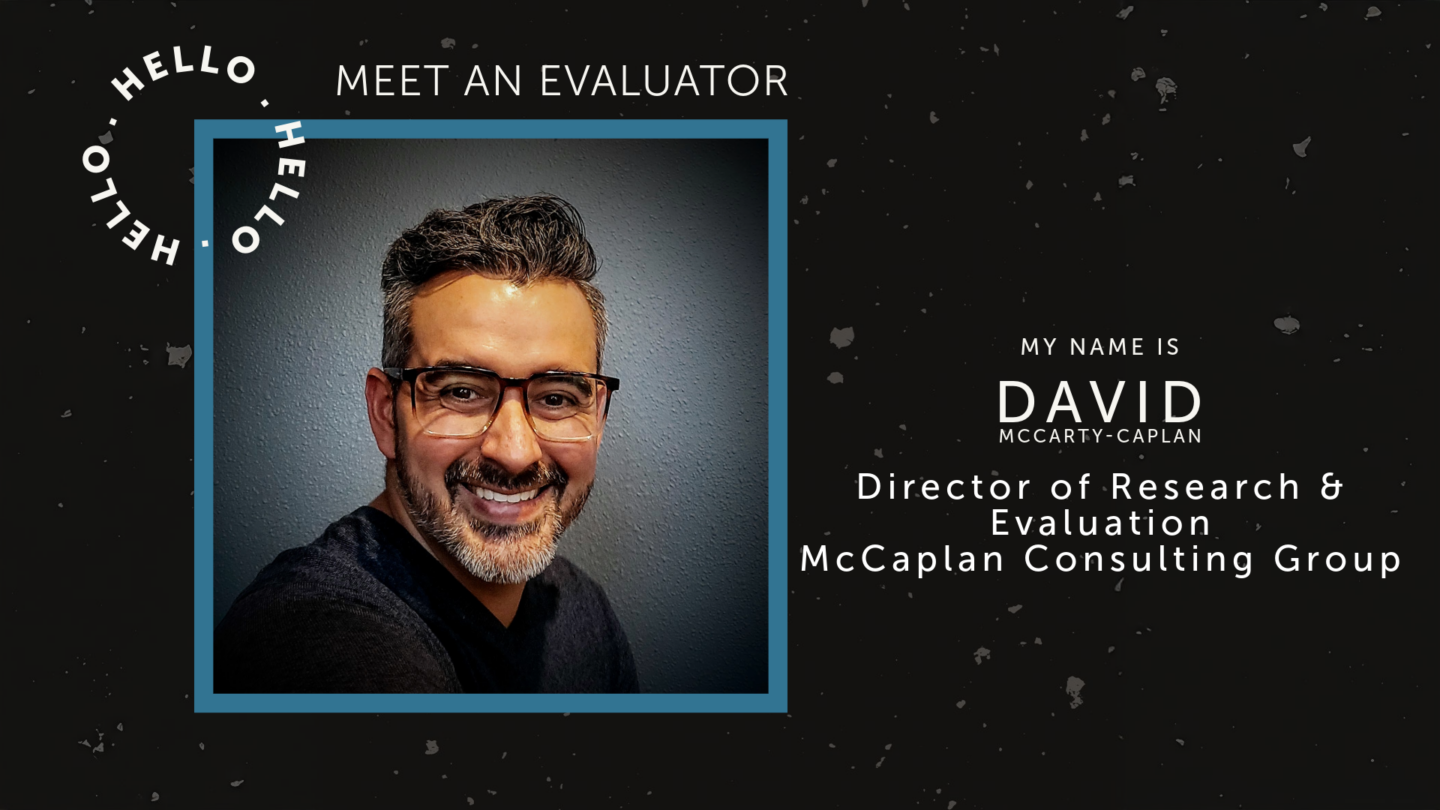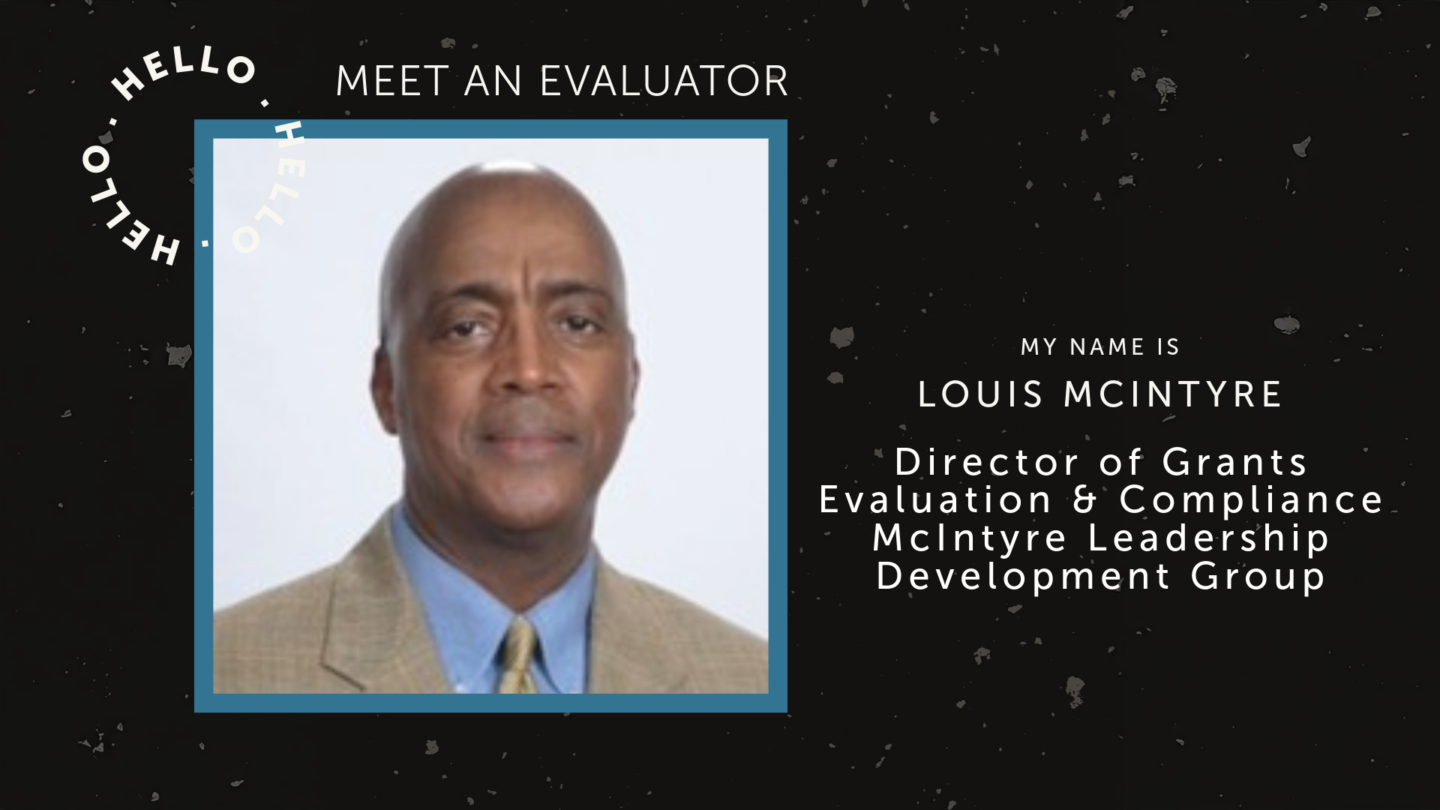
In your view, what makes a successful evaluation?
It is tempting to say that a successful evaluation is one that meets all program outcomes and impacts. However, I think a truly successful evaluation uncovers lessons learned that may not have been anticipated. When that occurs, it pushes the boundaries of PI professional development, collaboration, and resource sharing. It expands the field in a way that allows for future exploration and best practices that go beyond the grant scope, opening new opportunities for additional grant funding and program outreach.
What evaluation approaches inform your practice? Do you gravitate more toward quantitative, qualitative, or mixed methods?
While I value the holistic lens that mixed methods provide, my first love is still QUAL! The program’s impact expressed through participants’ words and lived experiences is captivating, motivating, and inspiring. Numbers don’t lie, and they tell a story, but the “voices of change” have always resonated with me. We all have unique experiences and stories to share, and each story is worth hearing as part of the comprehensive impact. As a Black woman, my work with underrepresented populations goes beyond the “numbers”; understanding their stories helps address outreach, retention, and persistence in programs often inaccessible to the majority.
Why did you become an evaluator?
Prior to my work in evaluation, I worked as an educator (CTE + adult education) and within business and industry (HR). Working at the intersection of education and the workforce has given me a unique vantage point to understand how people learn, career pathways, and individual career performance. The field of evaluation allows me to wear both my scholar-practitioner “hats” to assess and contribute to the impacts of education and the workforce on a larger scale.
How do you build trust with projects you’re evaluating?
Trust is an essential factor in building partnerships and evaluation capacity with clients. I use the acronym “READY” to build trust, guide my work, and meet client needs throughout the project.
- Rapport building: Establish connections early on and build relationships before project kickoff.
- Empathy: Acknowledge changes, transitions, and concerns of the project team.
- Authenticity: Share my experiences and approaches to the evaluation process.
- Dialogue: Determine two-way communication processes that ensure early and continuous information exchanges throughout the project.
- Yearly reporting: Gain consensus on the project plan to ensure timely, smooth delivery of reports.
Share a memorable adventure or travel experience you’ve had.
As a college student, I represented the first cohort of minority students from an HBCU to participate in an international student teaching program. Through a partnership with a Department of Defense (DoD) army base, I taught abroad in Germany. I was fortunate to visit various European places and see many landmarks, including those in Paris and Switzerland.
Other fun college travels included visits to the Netherlands (a highlight was Keukenhof’s field of tulips), New Zealand (where I watched sheep-shearing competitions), Australia, and the Czech Republic.
* If you’re an ATE evaluator interested in being featured, complete our interest form.

Except where noted, all content on this website is licensed under a Creative Commons Attribution-NonCommercial-ShareAlike 4.0 International License.





 EvaluATE is supported by the National Science Foundation under grant number 2332143. Any opinions, findings, and conclusions or recommendations expressed on this site are those of the authors and do not necessarily reflect the views of the National Science Foundation.
EvaluATE is supported by the National Science Foundation under grant number 2332143. Any opinions, findings, and conclusions or recommendations expressed on this site are those of the authors and do not necessarily reflect the views of the National Science Foundation.